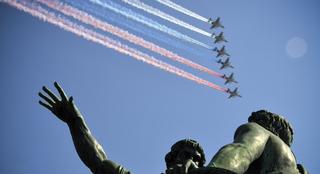
Russia is reputed to be a country whose past constantly changes to suit the purposes and vision of its ruling elite. Yet few would dispute that Russian history is one of extremes.
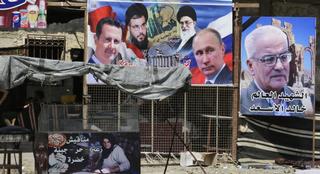
The eyes of the world are on the Middle East. Today, more than ever, this deeply-troubled region is the focus of power games between major global players vying for international influence. Absent from this scene for the past quarter century, Russia is now back with gusto. Yet its motivations, decision-making processes and strategic objectives remain hard to pin down.
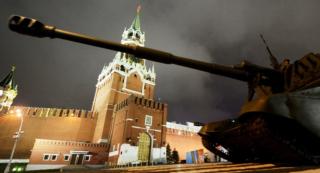
The Cold War analogy is misleading. Relations between the West and Russia are certainly bad and dangerous now but they are bad and dangerous in new ways.

After the end of the political protests of 2011–2012, Russia has found itself in a troubled break between two eras. This is a time of conservatism, which, in its Russian incarnation, has morphed into a gloomy, almost medieval archaism.

It is time for Moscow to rethink its approach to Central Asia.
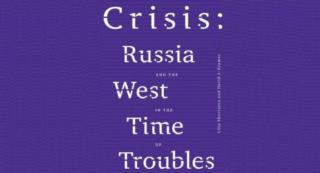
Today, the two predominant political and social models—authoritarianism and liberal democracy—are experiencing simultaneous crises.
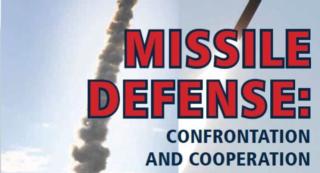
Although the U.S.-Russian recent attempts to agree to a joint missile defense system have failed, the imperatives for such collaboration are increasing. Over the coming decade, the two countries should take steps to integrate missile defense systems into the regimes of nuclear disarmament, nonproliferation, and mutual security.
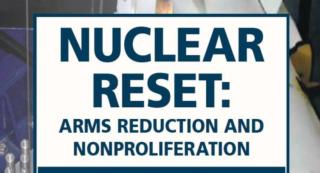
The concept of nuclear disarmament as an essential condition for nuclear nonproliferation is again entering the realm of practical politics, but the movement toward nuclear disarmament is extremely difficult and fraught with great dangers.
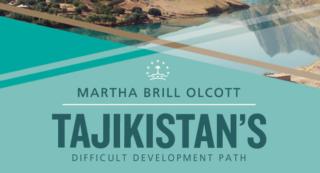
The Tajik leadership faces an urgent choice between fully embracing reform and continuing on its current failed track. Tajikistan’s decision will have very real implications for this troubled region.
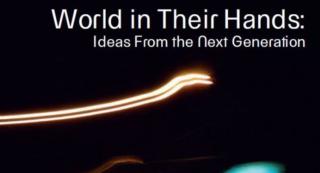
Solutions to the challenges facing the global community require sharing fresh ideas about politics, economics, social issues, migration and ethnic conflict, religion, and education.

In Uzbekistan, Central Asia’s most populous country, Islam has been an ever-present factor in the lives of its people and a contentious force for political officials trying to build a secular government.

While Vladimir Putin is unlikely to give up power any time soon, the political and economic system he created is incapable of dealing with Russia’s rapidly changing conditions. Crises are likely unavoidable unless Russia changes and modernizes.

Two decades after the collapse of the Soviet Union, the West has yet to adjust to the post-Soviet reality and Russia has not settled on its relationship with the rest of the world.

Moscow needs to drop the notion of creating an exclusive power center in the post-Soviet space. Like other former European empires, Russia has no choice but to reinvent itself as a global player and as part of a wider community.
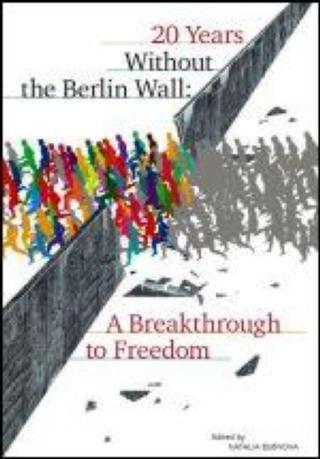
Enormous societal and political shifts 20 years ago opened prospects for a new, united Europe. Despite Russia’s role in this peaceful departure from totalitarianism, the country’s course in the subsequent two decades was not so straightforward. While the demolition of the Berlin Wall is no guarantee of success, democratic transformations are a necessary precondition.

Although Russia, the United States, and American allies have been loath to downsize their nuclear arsenals, deep reductions would not undermine a nation’s security since arsenal size has little bearing on effectiveness of deterrence.
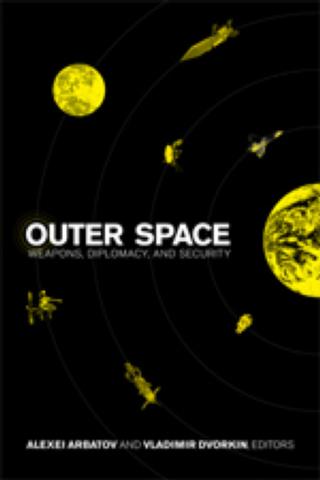
In this global era, the world faces a host of security challenges which cannot be resolved by any one nation, especially through the unilateral use of military force. One key issue that requires urgent international attention is the military use of outer space.

The rise of major non-Western powers makes the avoidance of traditional geopolitical rivalries a must if one wants a peaceful world order. This is particularly relevant to Euro-Atlantic zone, which is still divided on security issues.

While an analysis of the military aspects of the 2008 Russian-Georgian conflict is important, it is also necessary to understand the timeline of political events, in Russia and Georgia, that led to the war.

While the Caucasus is too often treated as a subset of Russian history or as merely a gateway to Asia, it remains an important and combustible region, whose inner dynamics and history deserve a much more complex appreciation from the wider world.